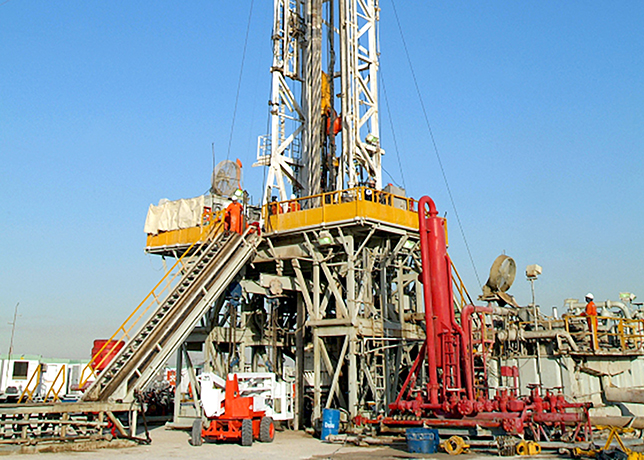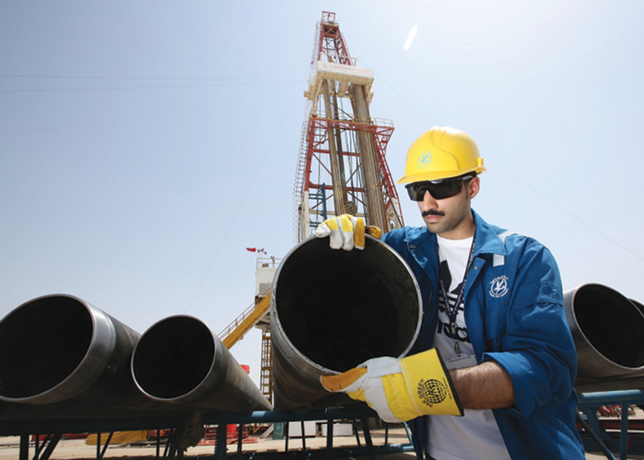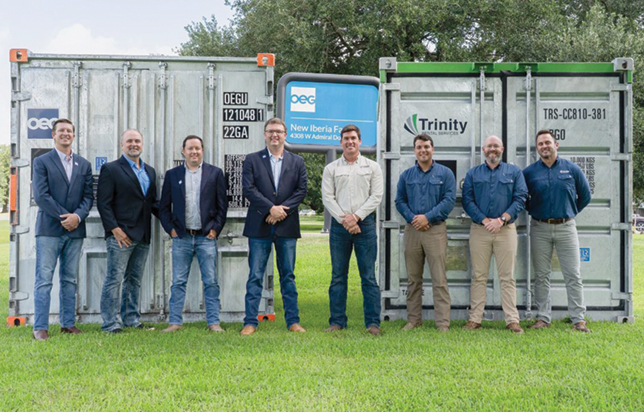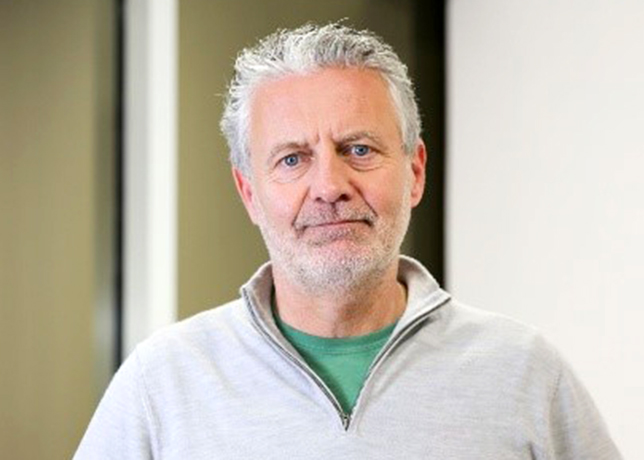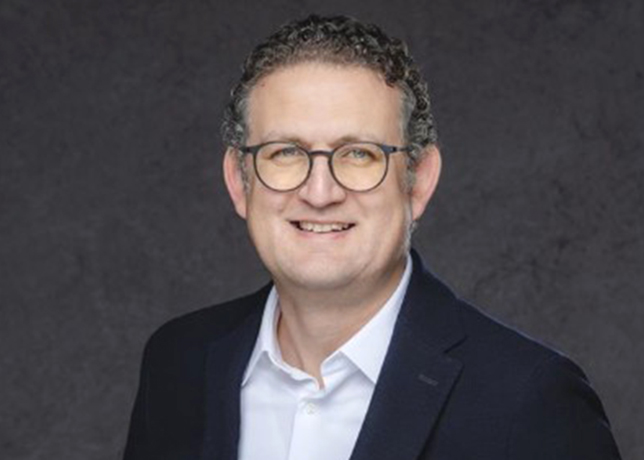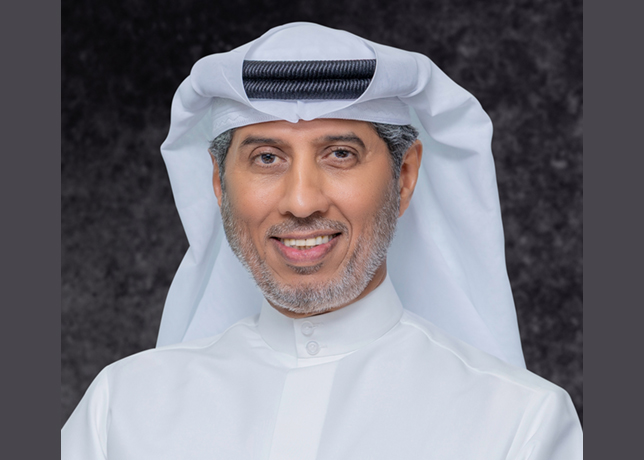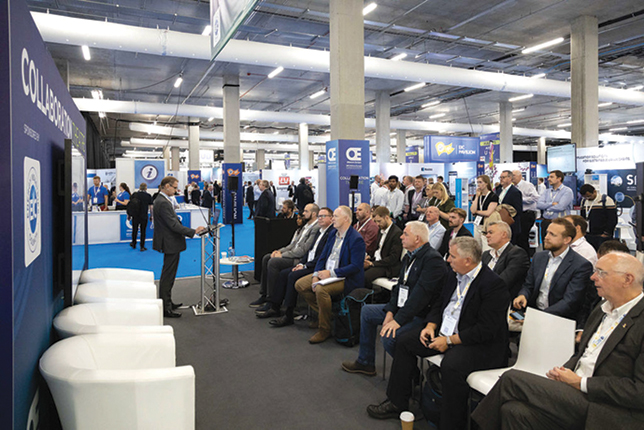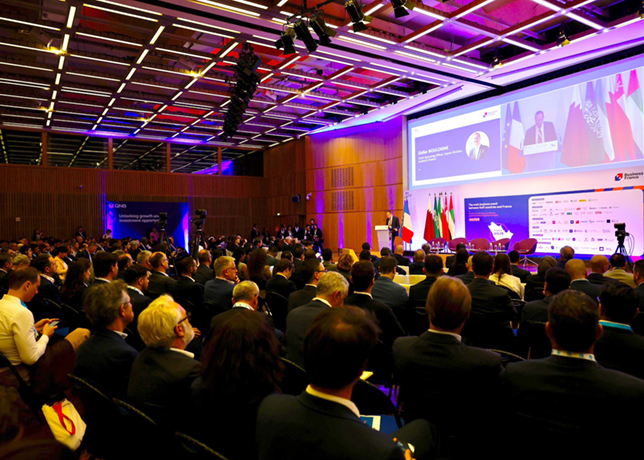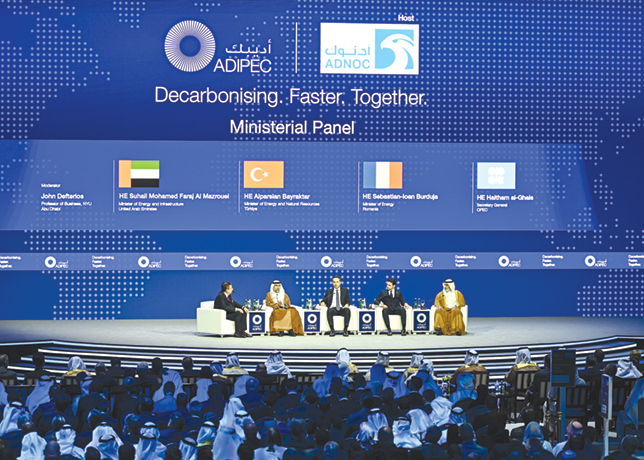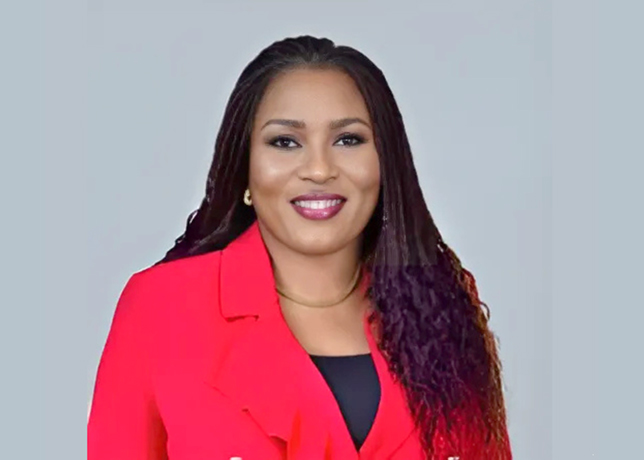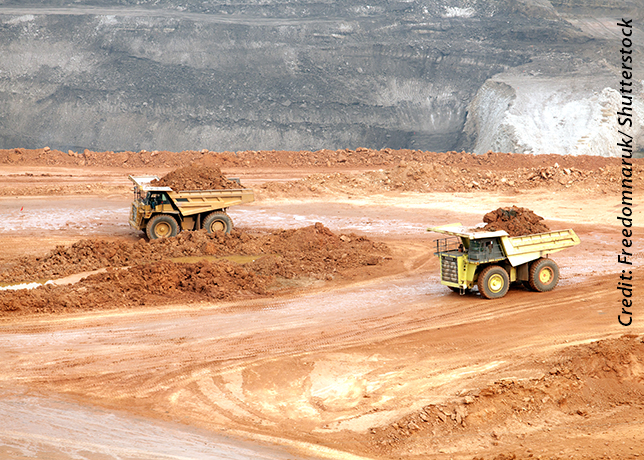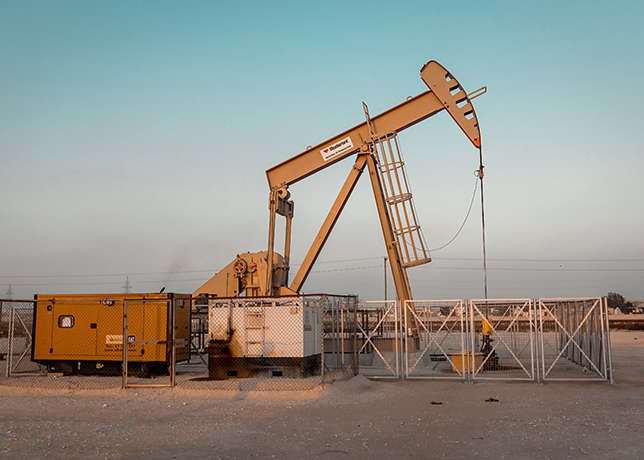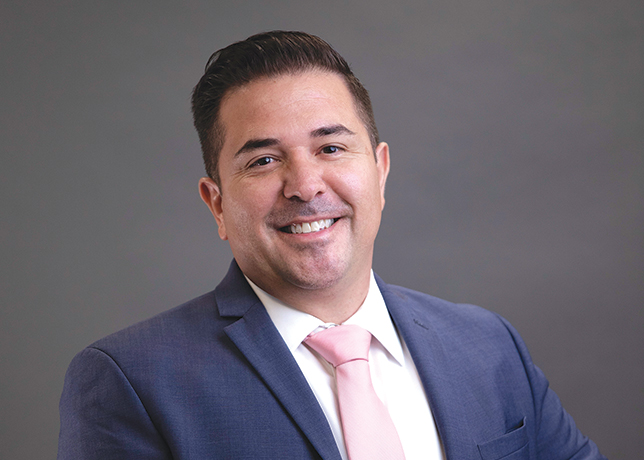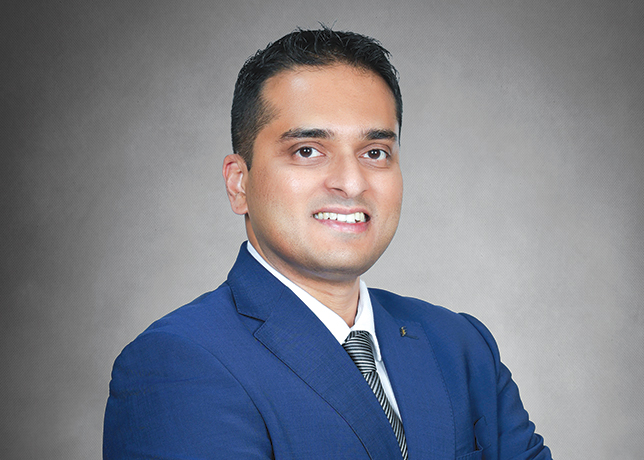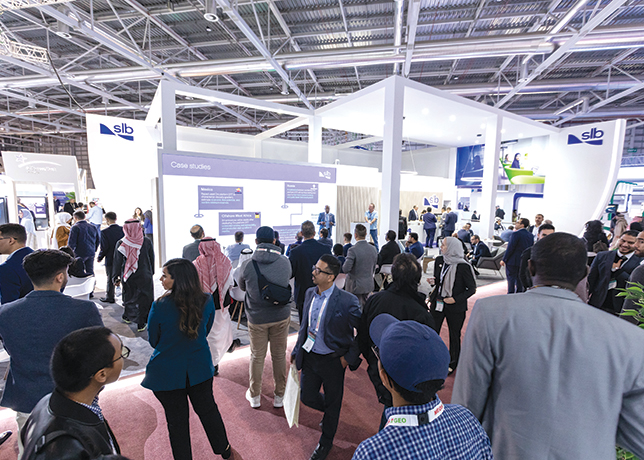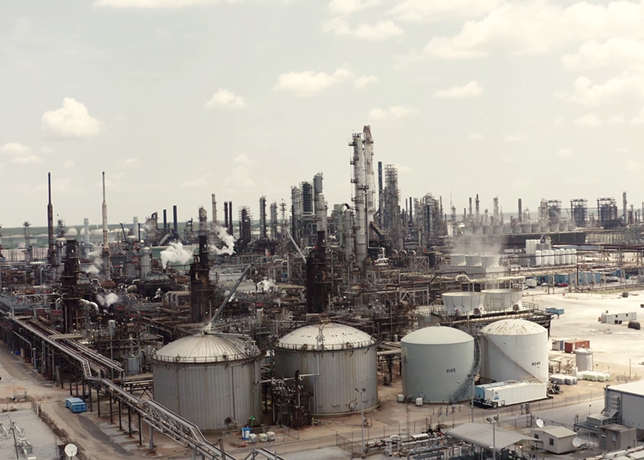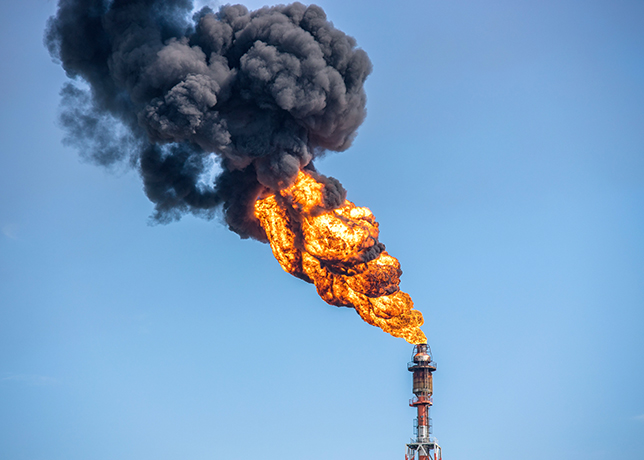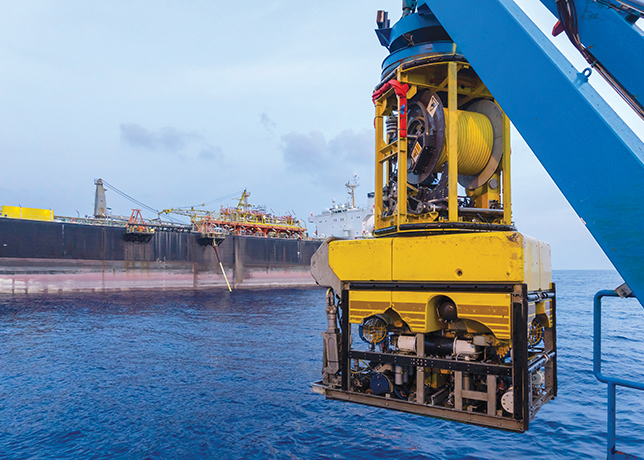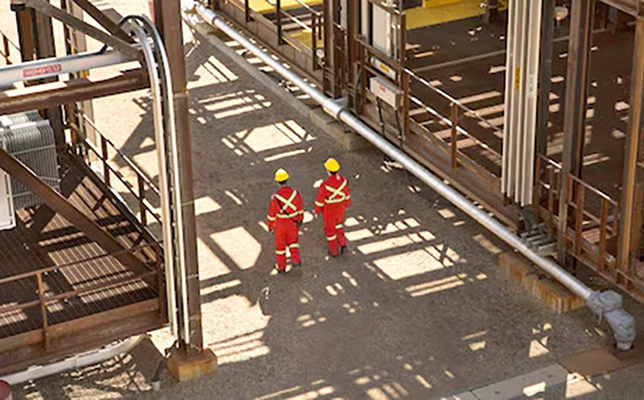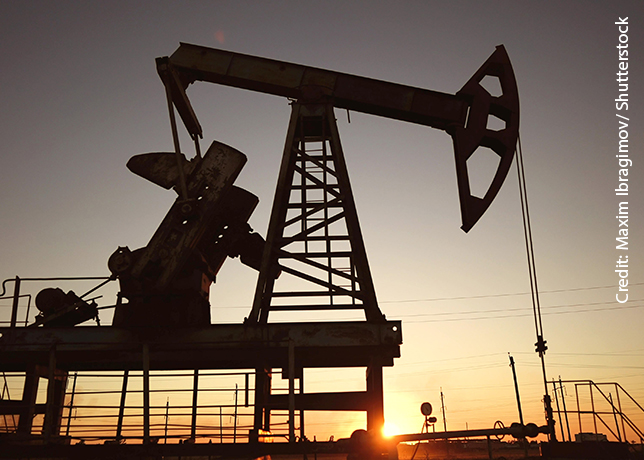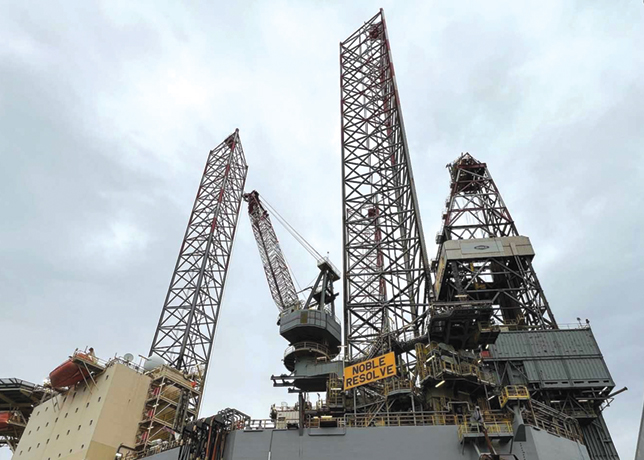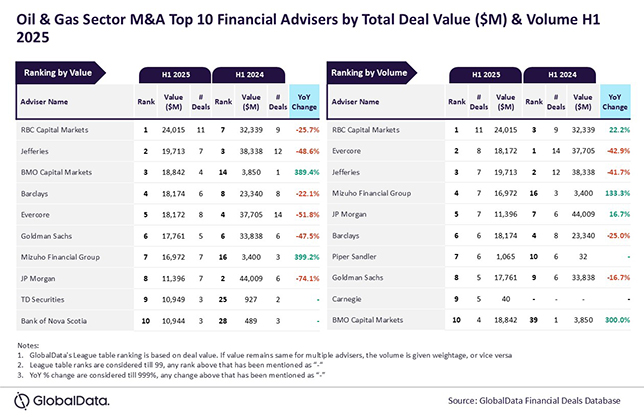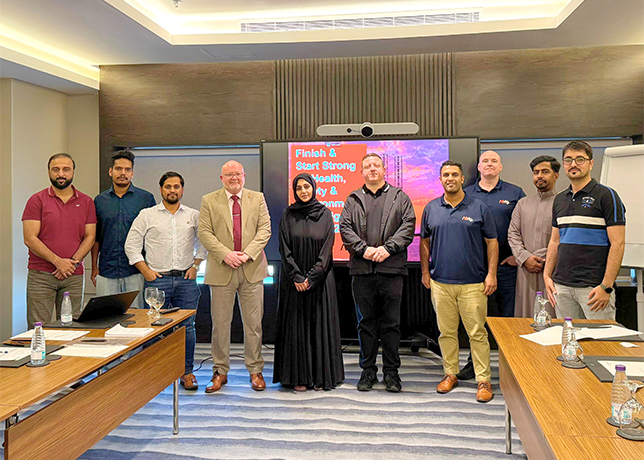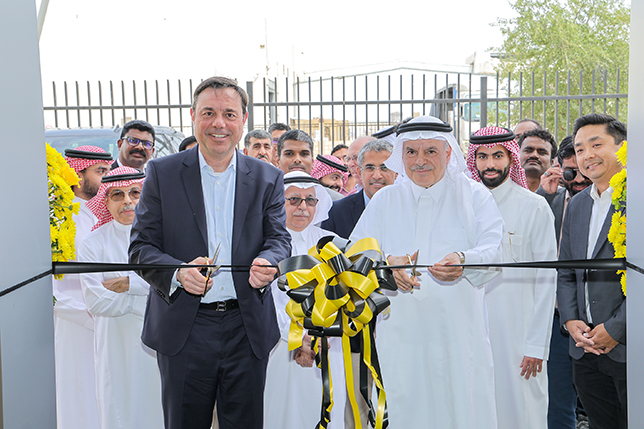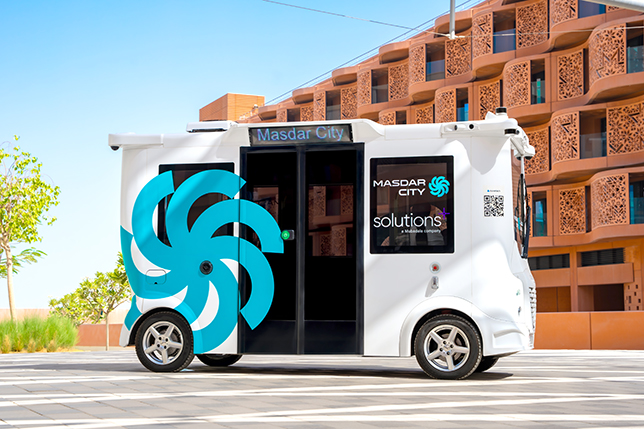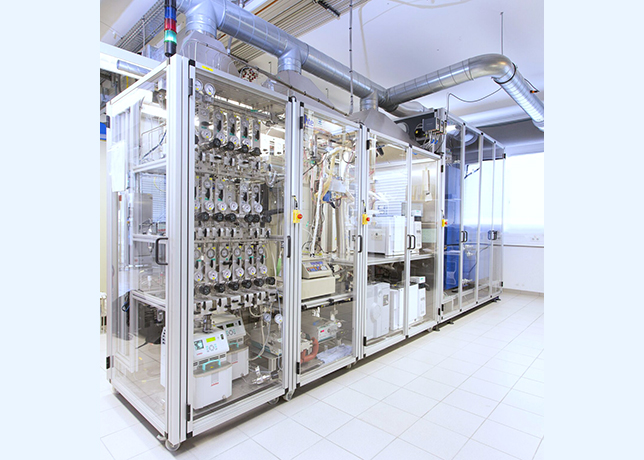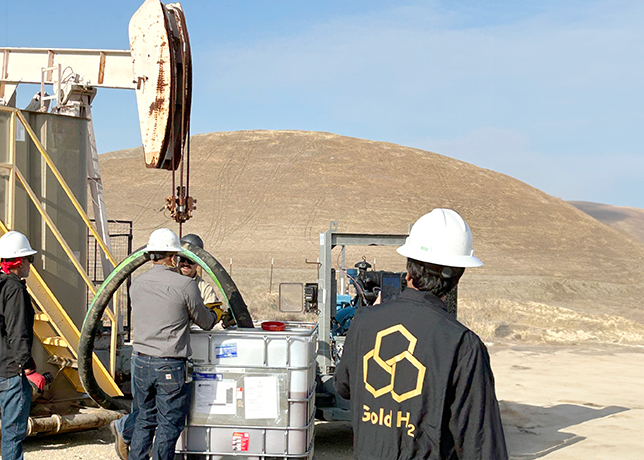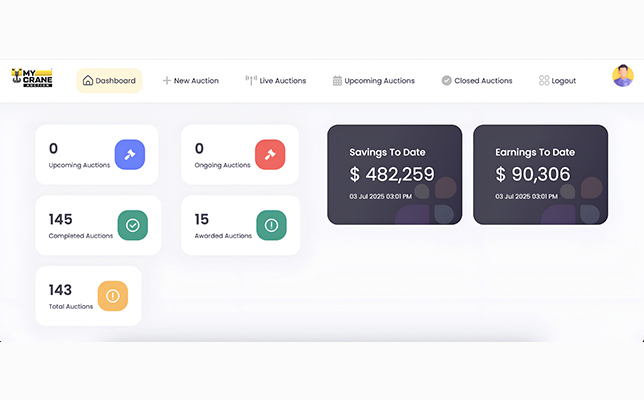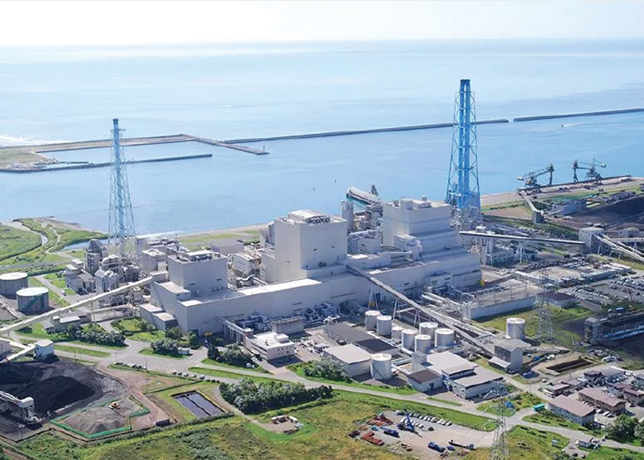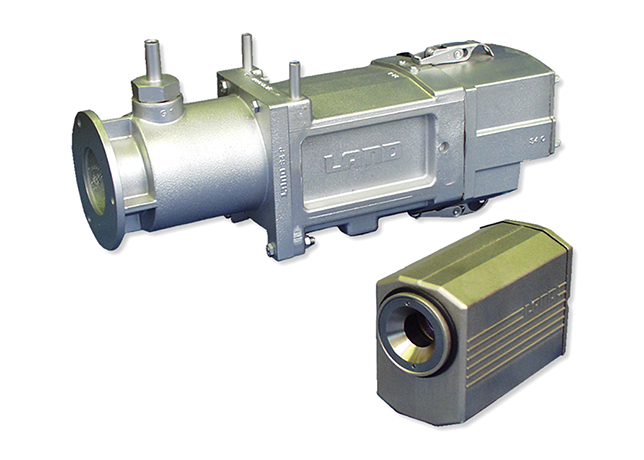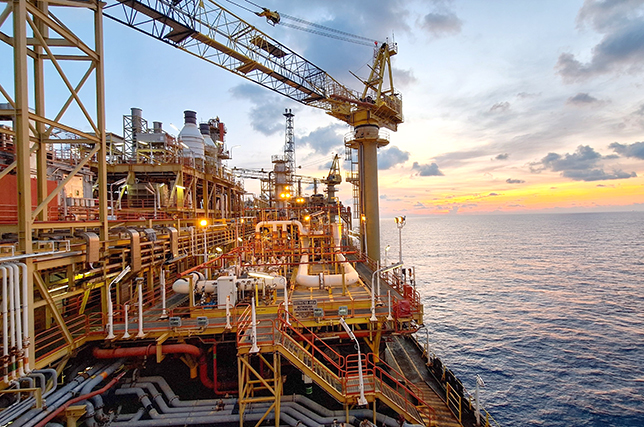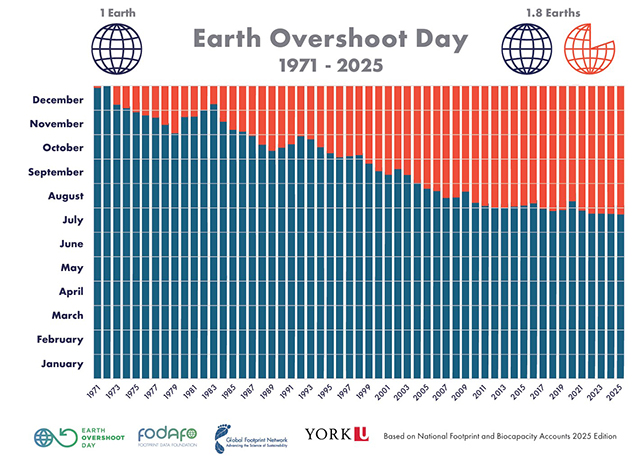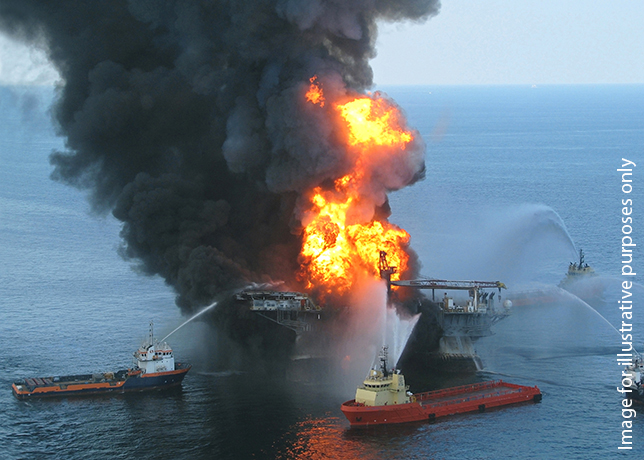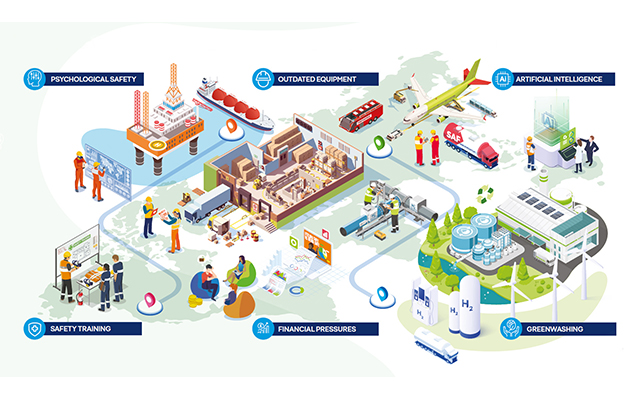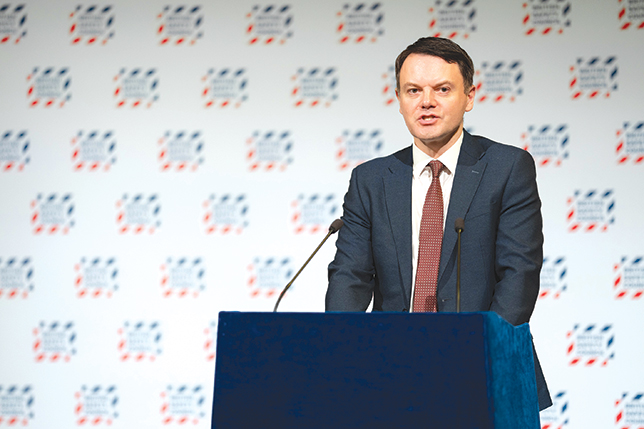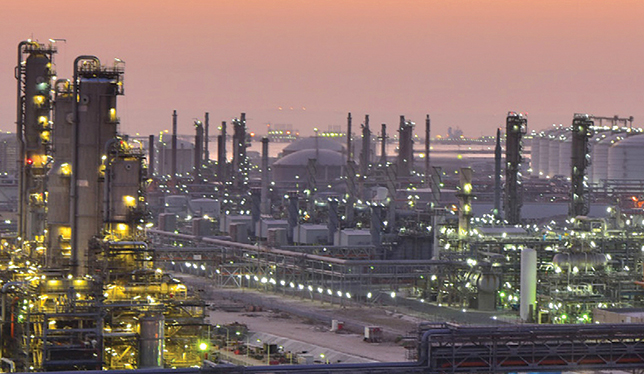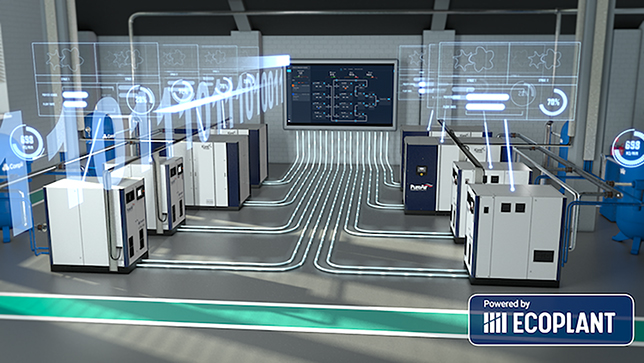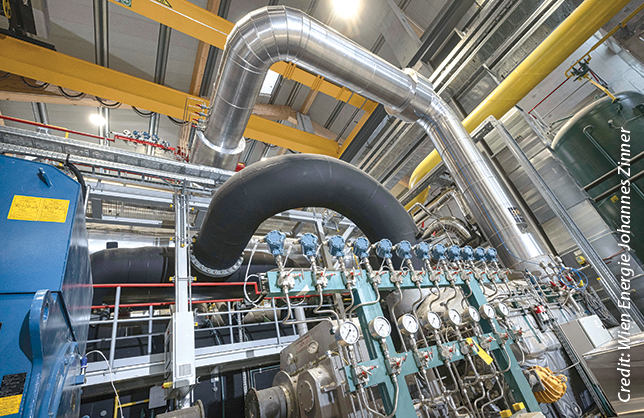
The energy transition in the Middle East has encountered challenges and slowed in recent years. The region’s efforts to shift from a reliance on oil and gas to renewable energy are constrained by complex factors, such as high dependence on fossil fuel revenues, geopolitical dynamics, and varying levels of commitment across different nations.
While significant investments have been made, especially in the GCC countries like the UAE and Saudi Arabia, progress remains uneven across the Middle East.
The World Economic Forum’s 2023 Energy Transition Index (ETI) indicated that energy transition progress is plateauing globally, including in the Middle East, due to a combination of the energy crisis and slower adoption rates of renewables.
Last month, against this backdrop, leaders from the refining and petrochemical industries gathered in Riyadh, Saudi Arabia, for the 4th edition of ESF MENA - Middle East Energy & Sustainability Forum, the only event in the Middle East dedicated to sustainability and the decarbonisation of the downstream sector.
Held over three days, and with the official support of the Royal Commission of Jubail and Yanbu, the forum provided a unique platform; highly informative sessions, interactive panels, a focused seminar, and unrivalled networking opportunities, all tailored for the attendees to discuss the challenges and opportunities facing downstream decarbonisation, circularity and sustainability.
The pre-conference seminar, Make it Happen, Make it Now: Accelerating the Energy Transition, was hosted by Wood, one of EPC’s premium partners, with experts from its regional team showcasing how it is, “Leading the Way with Low Carbon Solutions for the Middle East, Embedding Sustainability into Project Delivery, Identifying Solutions to Transition from Energy to Materials, Embracing Circularity: The New Paradigm for Value Creation, and Why Digital is Essential for Sustainability”.
Day one of the forum opened with keynotes on decarbonisation strategies from S&P Global Commodity Insights and Lummus Consultants, and then the Keynote Executive Panel discussed various aspects of the energy transition, with leaders from TotalEnergies, OMV, and OQ, sharing insights on sustainability, decarbonisation, and region-specific challenges in the MENA region.
The conference then split into two parallel streams. One stream focused on Circularity & Sustainability, with presentations from Lummus Technology, Green Star BCS, and Shell Catalysts & Technologies, while the other stream focused on Sustainable Fuels, with presentations from SATORP, Honeywell UOP, and ILF Consulting Engineers.
Before breaking for lunch, the delegates reconvened in one hall for the Sustainable Aviation Fuel (SAF) Panel, which featured experts from Aramco, Adnoc, Axens, and ILF Consulting Engineers, discussing key SAF production challenges, technological advances, and the role of the Middle East in SAF development.
During the lunch break, EPC launched an exciting new initiative, Lunch & Learn, which saw more than 30 young engineers sitting down with experienced industry mentors who shared unique insights on how to fuel their career growth.
After lunch, the conference resumed in parallel streams. In the Innovative Process Solutions stream, there were presentations from, Topsoe, LyondellBasell, and Moxba Metrex, while in the Innovative Technology Solutions stream, there were presentations from, Ingenero, Daily Thermetrics, and Bilfinger, and the day came to a close with the Keynote Technology Panel, where thought-leaders from Lummus Consultants, Topsoe, and Honeywell UOP, covered accelerating technology deployment in the energy sector, with a focus on de-risking innovation, collaboration, and decarbonisation.
Day two opened with a Market Overview from Wood Mackenzie, and this was followed by presentations from Tasnee, OMV, KBC (A Yokogawa Company), and Axens, and then the first panel discussion of the day, the Executive EPC Panel (Engineering, Procurement, and Construction), with senior executives from Linde Engineering, Worley, and McDermott, discussed challenges and strategies for downstream project delivery, focusing on renewable energy and decarbonisation initiatives.
The focus then shifted to Hydrogen & CCUS Opportunities with presentations from Topsoe, and Worley Consulting, before wrapping up proceedings with the Circular Economy Panel, where industry leaders from Tasnee, Saudi Investment Recycling Company (SIRC), and OMV, talked about opportunities, challenges, and technological advancements in recycling, circular economy practices, and decarbonisation.
Launched in 2021, ESF MENA is part of the highly respected, industry leading series of Energy & Sustainability Forums, taking place in Europe, North America, and the Middle East.
The forum brings together refiners, petrochemical producers, consultants, licensors, technology providers, and equipment suppliers to support the development of a sustainable energy future in which the downstream industry continues to play a leading role. --OGN


